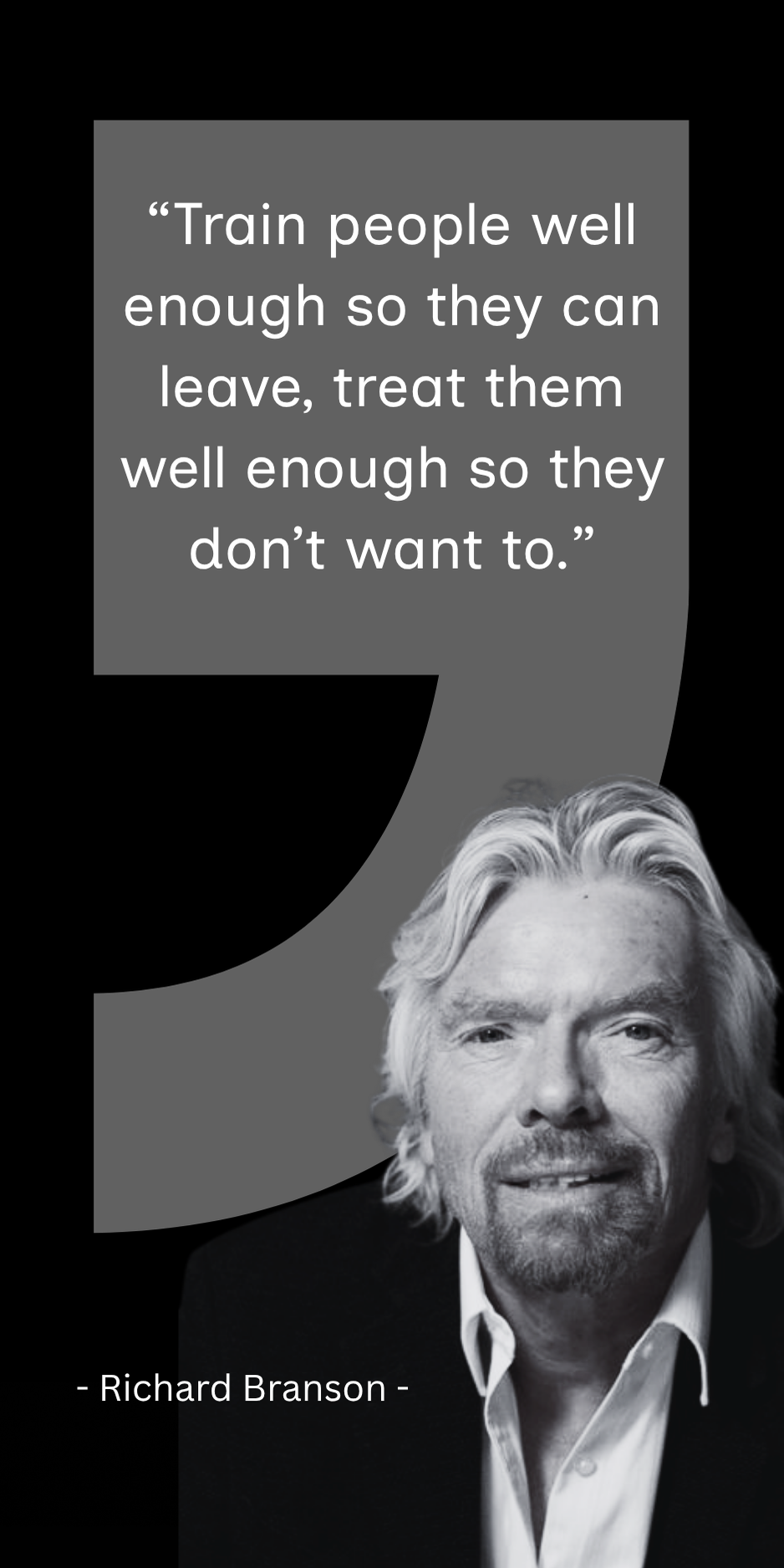Now Reading: The Future of Workplace Wellness Tech
-
01
The Future of Workplace Wellness Tech
The Future of Workplace Wellness Tech

Technology is no longer merely focused on increasing the efficiency of a company, but it is also radically changing the way that organizations provide for the well-being of their employees. The use of health gadgets such as wearables that track exercise, and Artificial Intelligence platforms that record the stress levels of employees, is indeed a rapid evolution of wellness technology in the workplace. Companies all over the world are trying out new and innovative tools to prevent burnout, that is to re-energize the staff, and also to give them more personalized support. The main issue for the work environment in Sri Lanka, is not whether these technologies are important but rather how feasible and sensible their implementation in the local areas is
Wearable Health Devices in the Workplace
Wearables including smartwatches and fitness trackers have gained widespread acceptance and are providing users with real time data of their steps, heart rate, sleep quality and stress levels. In organizations, these gadgets can be part of the corporate wellness program designed to motivate employees to develop good habits. For instance, companies may turn wellness into a game and reward the employees who accomplish certain activity goals during a day or have regular sleep cycles.
On the other hand, in Sri Lanka, the adoption on a large-scale is still dealing with the issues of cost and accessibility. Although multinationals and the affluent sectors can equip the staff with wearables, the small organizations may have to look at the possibility of setting up voluntary programs for the employees who use their own devices. Besides, HR has to deal with privacy issues and guarantee that personal health data is kept private and is used only for support, not punishment.
Digital Wellness Apps for Everyday Support
Nowadays wellness apps are very popular and offer various tools like meditation, nutrition tracking, financial planning, and therapy sessions. For Sri Lankan offices, apps are a more convenient and less expensive way to transport their message to workers in various locations, particularly when they are working from home or in a hybrid manner.
Some companies have already got fitness and mindfulness apps, which are then combined with HM-led wellness challenges, to encourage staff to use them. It is possible that local wellness apps will not only be based on the culture of Sri Lanka but will also include well-known meditation, nutrition, and even community-based motivation aspects. The most significant benefit of this is accessibility, people can carry phones with them and use applications which are already very common in the country.
AI-Driven Wellness Monitoring
The most incredible development in wellness technology which seems to be the one to revolution the whole area of wellness is the use of AI. AI-based platforms can scrutinize data from various sources like emails, calendars, surveys of employees to pinpoint the signs of stress, weariness, or disengagement. Some of the systems even deliver personal nudges in the form of reminders to take a break, to rest, or to connect with colleagues.
It is safe to say that in Sri Lanka, AI wellness monitoring is a long way from its destination. Although global companies might be playing around with these kinds of tools, taking them up locally calls for a thorough preplanning of the cost, infrastructure, and ethics. There is the issue of employee privacy and surveillance which can only be solved through the implementation of clear policies and by using opt-in systems. Nonetheless, even straightforward AI-based analytics like the recognition of absenteeism patterns and the monitoring of workload distribution can be a source of assistance to the human resources department in taking necessary actions before the occurring of stress turning into burnout.
Opportunities and Challenges for Sri Lankan Workplaces
The use of wellness tech in Sri Lanka is a combination of indications for a successful future and the usual problems that must be overcome in order to give life to the idea. In the aspect of the possibilities, these gadgets might:
- Lower the company costs that usually go into the areas of absenteeism and healthcare and thus add to the company’s bottom line.
- Elevate participation among employees by integrating wellness challenges with game elements.
- Help the evolving work style situations by giving easy access to digital resources.
- Enable companies to present themselves as more modern and progressive and as having an employee-first approach.
Still, problems listed in the paragraph above are the ability of SMEs to afford such technology, the cultural views of wellness technology, the level of digital literacy, and the need for strict privacy safeguards. If there is no clear HR framework, the introduction of wellness technologies might turn out to be an intrusion into employees’ lives rather than a support
HR’s Role in Shaping Wellness Tech Adoption
It is up to HR leaders to chart out the course that lies ahead which involves a careful balancing act between innovation and practicality. Rather than investing in pricey technology in a hurry, organizations can take a more modest approach: they can encourage the voluntary use of wearables, provide employees with access to mindfulness or fitness apps, and utilize simple AI-based surveys to monitor employee mood and workload. Besides, the HR department should direct their efforts towards the establishment of a culture where wellness technology is considered a vouch for the employees’ rights rather than a control mechanism. Honest communication, voluntary participation, and co-existence with other wellness programs form the foundation of the trust that is being constructed.
Humanizing Technology for Wellbeing
Wellness technology is a huge opportunity to change the future of work for the better, but it is all up to how carefully this technology is implemented. In Sri Lanka, wearable devices, wellness apps, and AI insights can elevate employee wellbeing if they are implemented in a way that is culturally acceptable, affordable and ensures privacy.
Eventually, tech should be seen as a tool that doesn’t overshadow the human features of HR but rather enhances it. The most efficient future workplaces will be those that leverage technology to engage better, provide more intelligent support, and offer a humanized employee experience. The task for Sri Lankan businesses is to select what is feasible, modify it for their locality, and make sure that the wellness tech is a source of power for people contributing to their health, happiness, and resilience at work












